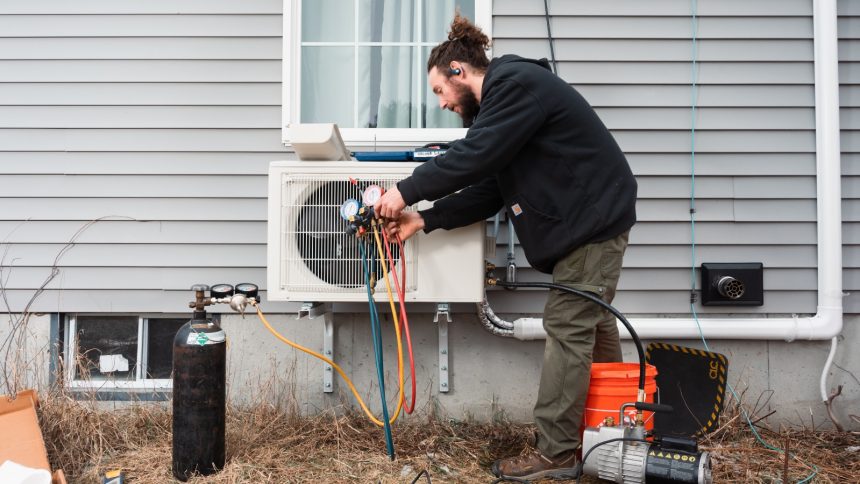This story was originally published by Canary Media.
You might be curious about the impact of heat pumps on reducing emissions, especially when powered by a grid that relies on fossil fuels. Despite the grid’s composition, heat pumps still play a significant role in lowering emissions compared to other heating systems.
A recent study published in Joule by the National Renewable Energy Laboratory analyzed the impact of heat pumps on emissions across the United States. The results show that switching to a heat pump heater/AC system can lead to a substantial reduction in emissions, regardless of the current grid mix.
Even in scenarios where the grid transitions to cleaner energy sources at a slower pace, heat pumps can lower household emissions by a significant percentage. The study found that on average, heat pumps can decrease annual energy emissions by 36% to 64% per housing unit.
The study also highlighted that while heat pumps may release emissions through refrigerant leaks, the overall reduction in emissions outweighs this factor. The efficiency of heat pumps compared to traditional heating systems like gas furnaces leads to substantial emission savings.
Both the National Renewable Energy Laboratory and other climate think tanks support the effectiveness of heat pumps in reducing carbon emissions. These studies emphasize the environmental benefits of transitioning to heat pump systems, especially in states with colder climates.






